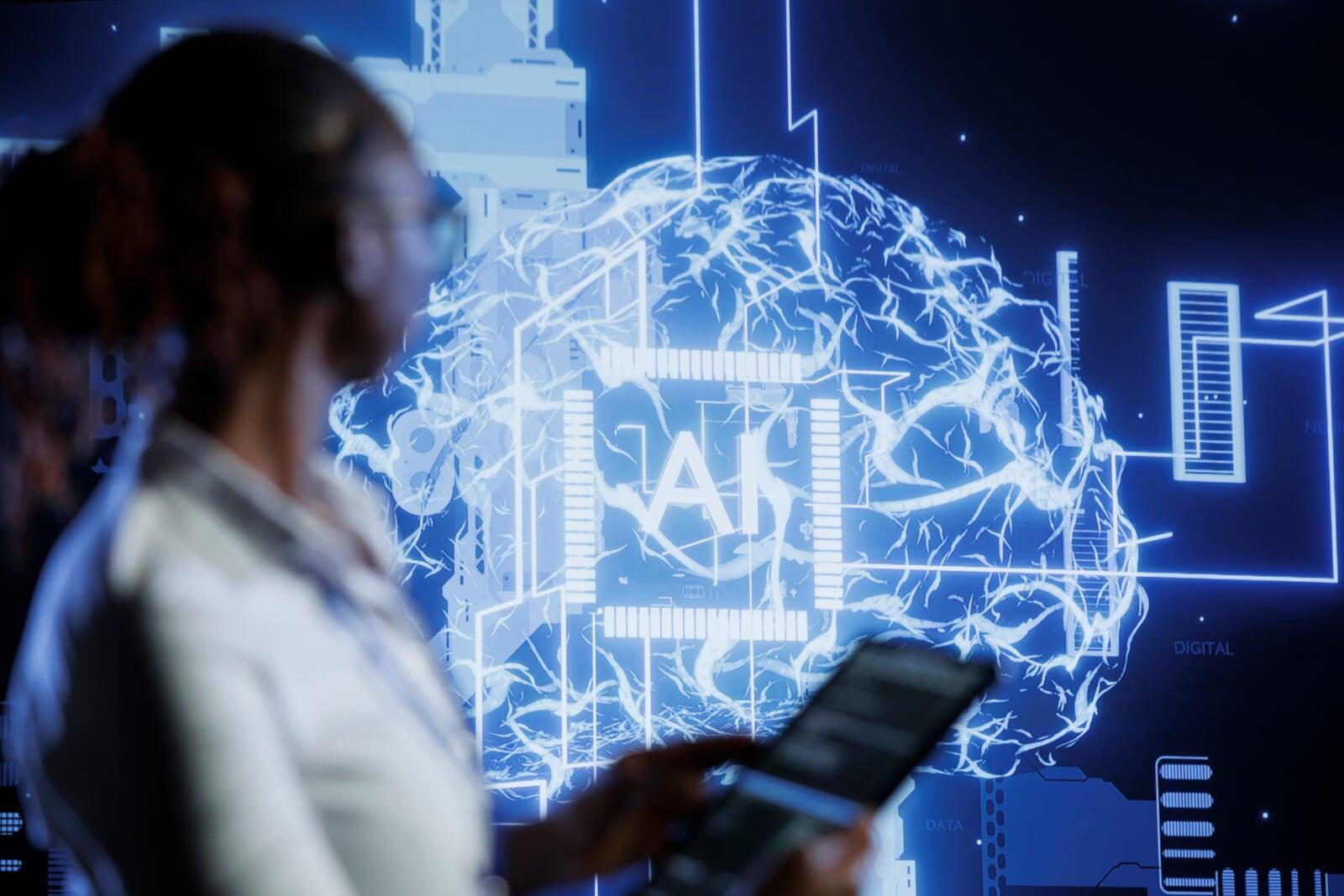In today’s fast-paced digital landscape, businesses are constantly seeking smarter and more efficient ways to manage their projects. With the rise of Artificial Intelligence (AI), project management workflows are undergoing a dramatic transformation. From planning and scheduling to execution and reporting, AI is reshaping how project managers approach every phase of the project lifecycle managementprocess.
The Shift Toward Smarter Project Management Strategies
Traditional project management strategies often involve manual processes, spreadsheets, and time-consuming communication across teams. These methods, while familiar, can lead to delays, miscommunication, and resource wastage. AI introduces intelligent tools that can automate repetitive tasks, predict project risks, and enhance decision-making. These systems not only speed up workflow processes but also enable proactive planning through predictive analysis.
By integrating AI into project workflows, businesses can now rely on data-driven insights and real-time updates to improve project success rates. Teams no longer have to rely solely on intuition or manual reporting. Instead, AI tools offer automated reports, alerts, and progress tracking—helping stakeholders make informed decisions instantly. This shift empowers project managers to stay on top of every detail without getting bogged down in administrative work.
Key Benefits of AI in Project Management
AI integration brings numerous advantages to modern project management. Some of the most impactful benefits include:
Enhanced Decision-Making: AI-powered analytics provide project managers with real-time insights, helping them make faster, more accurate decisions.
Improved Resource Allocation: AI algorithms can forecast resource needs, detect bottlenecks, and suggest optimal team allocations. This leads to better time management and balanced workloads.
Faster Risk Identification: Machine learning models analyze patterns from past projects to identify potential risks early in the project lifecycle. Early detection enables timely interventions, saving both time and money.
Better Collaboration: AI tools can integrate with communication platforms, ensuring that all team members are aligned and updated with minimal effort. This seamless communication reduces confusion and enhances accountability.
AI in Project Lifecycle Management
1. Initiation & Planning: AI tools help analyze project feasibility, define clear goals, and estimate budgets based on historical data. By comparing past projects and success rates, AI provides an evidence-based foundation for new initiatives.
2. Execution & Monitoring: Intelligent automation tracks performance metrics, sets milestones, and provides real-time dashboards. This reduces the chance of human error and ensures that stakeholders are always aware of current project status.
3. Closure & Evaluation: AI simplifies post-project analysis by compiling performance data and generating comprehensive reports. These reports offer valuable insights for future projects, allowing continuous process improvement.
By streamlining each phase, AI ensures consistency, transparency, and accountability—key elements for project success.
Automation in Project Management: The Game Changer
One of the most significant impacts of AI is automation in project management. AI-driven tools like task schedulers, automated alerts, and workflow bots streamline processes and reduce the need for manual input. These tools allow project teams to focus on high-value activities while letting automation handle repetitive and administrative tasks.
For example:
Task Automation: Tools like Monday.com and Asana use AI to auto-assign tasks, set deadlines, and track progress. This keeps projects moving forward without the need for constant manual oversight.
Chatbots: Integrated bots assist team members with quick updates, reminders, and status checks. They act as virtual assistants, improving communication and efficiency.
Predictive Analytics: AI can forecast project delays or budget overruns before they occur. This allows managers to take corrective actions proactively, rather than reacting to problems after the fact.
Automation in project management doesn’t replace human intelligence—it complements it. Teams are now more capable of strategic thinking and creative problem-solving, as they are freed from routine, repetitive work.
Real-World Use Cases
The application of AI in project management isn't just theoretical—many industries are already seeing real results:
Construction Projects: AI helps in tracking site progress, managing materials, predicting safety issues, and coordinating teams across multiple locations. This leads to better planning and fewer delays.
Software Development: Agile project management tools now use AI to estimate sprint velocity, identify bugs, and prioritize features based on usage data. This leads to more effective release cycles and higher user satisfaction.
Marketing Campaigns: AI streamlines approval workflows, automates content scheduling, and measures campaign performance in real-time. Marketing teams can optimize strategies instantly based on audience behavior and ROI metrics.
Healthcare & Pharmaceuticals: AI-powered project tools assist in clinical trial planning, regulatory compliance tracking, and resource management, improving the accuracy and speed of critical healthcare projects.
Conclusion
AI is not just a trend—it's becoming the backbone of modern project management strategies. From intelligent task allocation to data-driven decision-making, AI is helping teams work smarter and more efficiently. It minimizes human error, shortens timelines, and fosters innovation. By integrating AI into project lifecycle management, organizations can reduce costs, streamline processes, and deliver better outcomes. Embracing these innovations is essential to stay competitive in today’s fast-evolving business landscape. As AI technologies continue to advance, project management will become more predictive, proactive, and performance-driven—unlocking new levels of productivity across industries.

